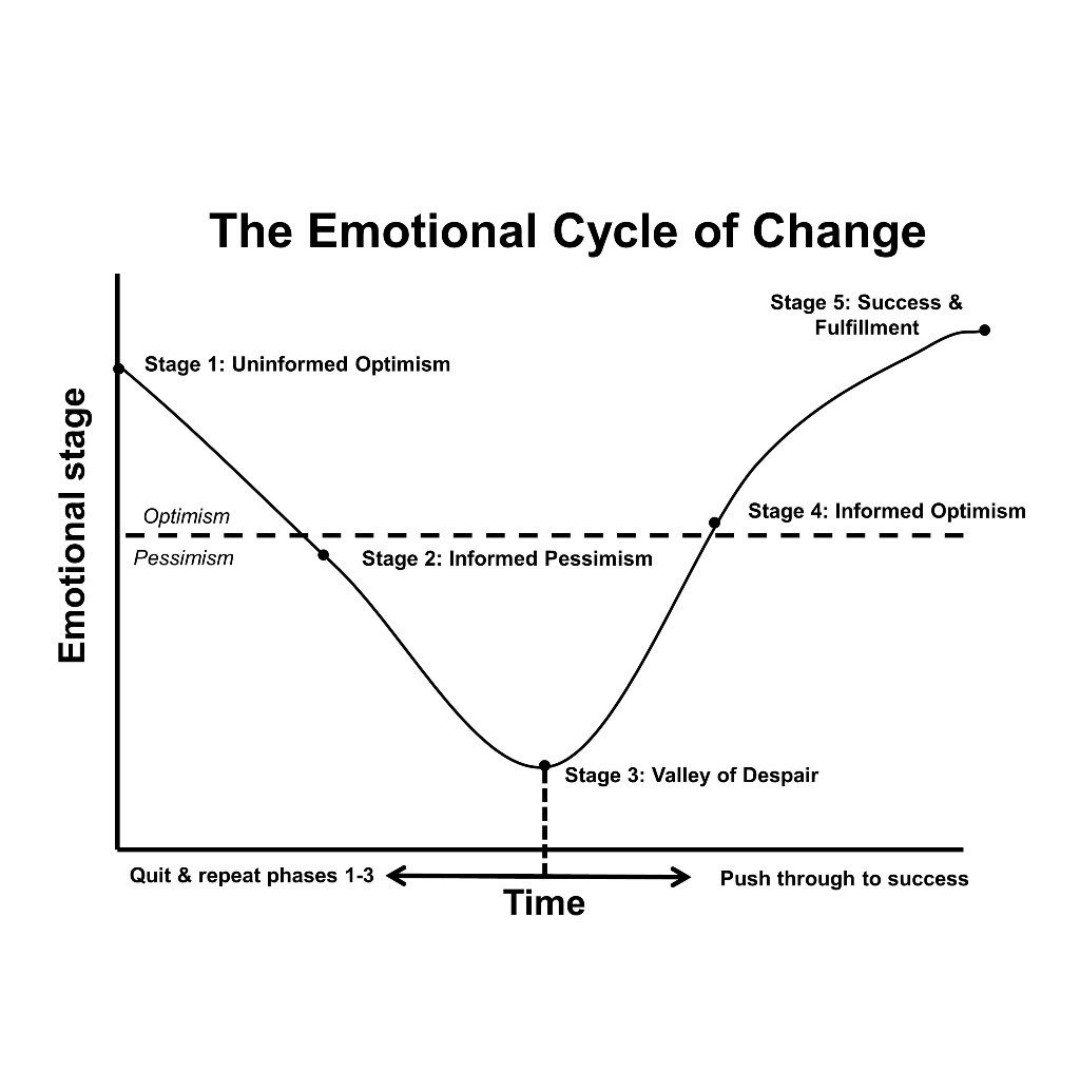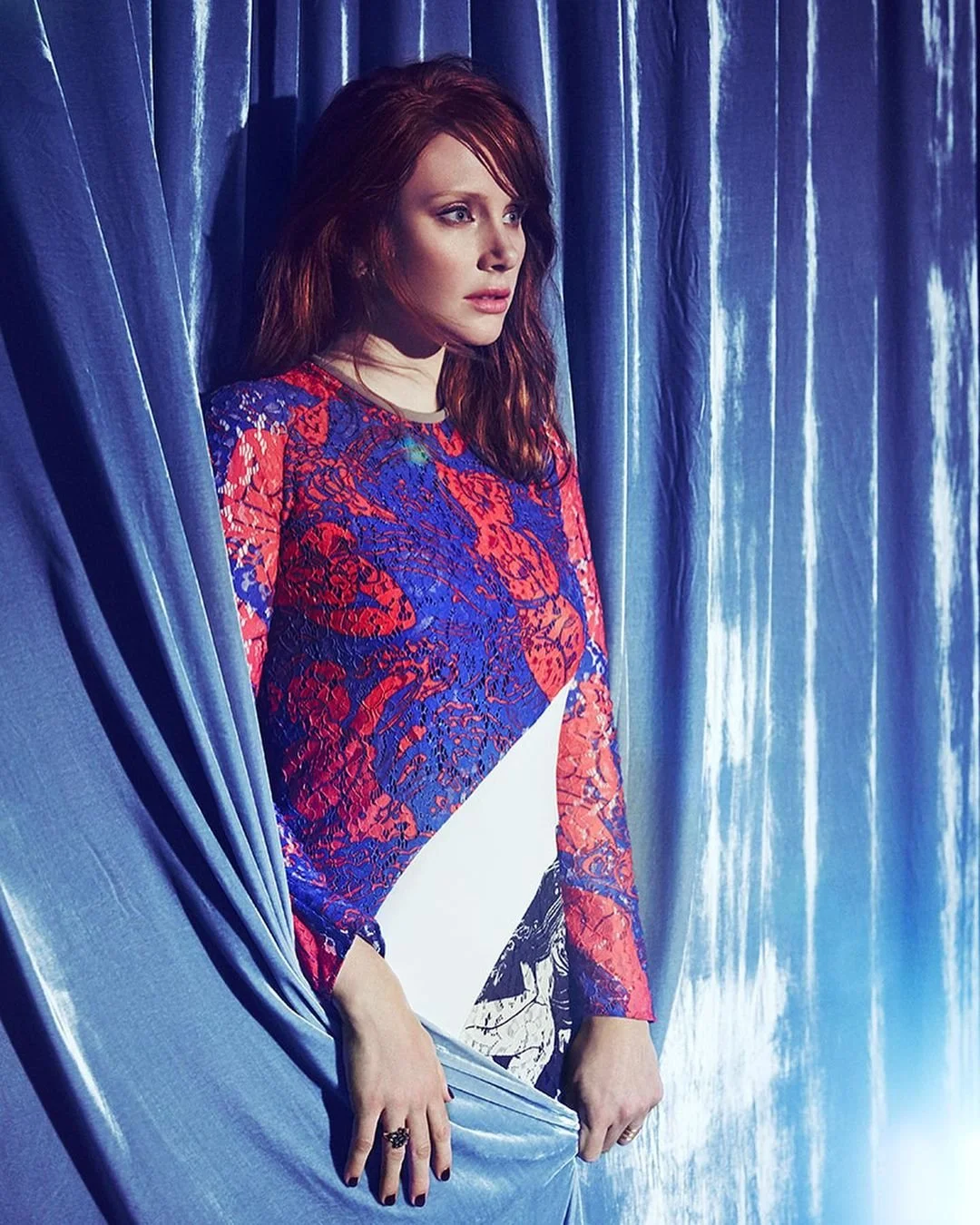Why Would Aliens Come to Earth?
July 2, 2023
Something I personally wrestle with, a lot, is the privilege of getting to do art.
When you look at Maslow’s hierarchy of needs (which is essentially a theory about what motivates humans), making art falls under the “self-realization” category. Physical survival, food, shelter, and personal safety often take precedence but not always. Unfortunately, the “starving artist” stereotype exists for a reason.
(And while Maslow’s hierarchy is a general framework, it doesn't account for the complex realities and variations of individual circumstances; not everyone has the same opportunities and resources to explore and develop their artistic abilities.)
When I started school at NYU in ‘99 (and especially in the aftermath of 9/11), I felt guilty that I was training to be an actor in a world of such immense pain, sacrifice, and cruelty. Pursuing a creative dream felt frivolous to me. Until I got married and started a family at 25 (and art quickly shifted from being a luxury to being my “bread and butter”), I remember saying, “My job is my hobby.”
As I get older and as the world becomes more and more fraught, the guilty feelings remain. I know that creativity is essential and I know that art and storytelling is not just healing — it can transform lives — but it’s very difficult to put those sentiments into words.
Actor and storyteller Ethan Hawke (Training Day, The Before… series, Boyhood) nailed it though. And for as long as I live, I will remember his wisdom:
“So, you have to ask yourself, ‘Do you think human creativity matters?’ Well, hmm. Most people don’t spend a lot of time thinking about poetry. Right? They have a life to live, and they’re not really that concerned with Allen Ginsberg’s poems or anybody’s poems. Until their father dies, they go to a funeral, you lose a child, somebody breaks your heart, they don’t love you anymore. And all of a sudden, you’re desperate for making sense out of this life and ‘Has anybody ever felt this bad before? How did they come out of this cloud?’ Or the inverse — something great. You meet somebody and your heart explodes, you love them so much you can’t even see straight. You know, you’re dizzy. ‘Did anybody feel like this before? What is happening to me?’ And that’s when art’s not a luxury, it’s actually sustenance. We need it.”
~ Ethan Hawke
Pretty powerful stuff, right?
And it’s not just creatives who think that creativity is invaluable.
I’m developing a feature science-fiction adventure and in one of our early story meetings, a producer shared a conversation he had with a world-renowned astrophysicist where he asked, “Why would aliens come to Earth?”
The astrophysicist smiled and said there is only one reason: Rock & Roll. He continued to explain that there isn’t anything on this planet that doesn’t exist in abundance anywhere else — except our individuality and creativity. That is what aliens would be curious about.
Our ability to collaborate and create shared experiences with the purpose of emotionally transporting others into new worlds and perspectives is… kind of magic. Whether it’s the Mona Lisa, Beyoncé’s albums, or the Pyramids, what exists on Earth, and perhaps not anywhere else, is human creativity and the ways that self-expression impacts the species at large.
It’s the “thing we do.” And it not only makes us special, but also plays a significant role in our social and literal survival. Neuroscientist Kelly Lambert’s studied this extensively in her research paper, “Depressingly Easy,” where she discusses the positive emotional impact that comes from physical activities:
“Our brains are programmed to derive a deep sense of satisfaction and pleasure when our physical effort produces something tangible, visible and — this fact is extremely important — meaningful in gaining the resources necessary for survival.”
Essentially, there’s evidence to show that making things “significantly improves mood and prevents depression” which all contributes to our survival and longevity. This is only a snippet of Lambert’s highly fascinating research paper, but I add it to emphasize the deeply ingrained purpose of creativity in our lives — the pursuit of a life in the creative arts is who we are whether we can explain it or not.
So write, paint, sing, cook, build, make, dance. Turn on that song. Watch a movie. Crack open that novel. Enjoy and savor your creativity. It’s who we are and it is worthy. A privilege, yes. But a privilege with purpose. And one that can, and should, be shared and celebrated.
What did you think of Ethan Hawke’s TED Talk? Does it resonate with you like it did for me? Maybe you have a counterpoint? I would love to hear what you think — let me know using the form below!
You May Also Like…
“The Genius Graphic I Wish I’d Seen 20 Years Ago”
If there’s ONE thing I wish I knew 20 years ago when I first started in the industry... it'd be “The Emotional Cycle of Change:” a powerful model that captures the emotional rollercoaster of learning something new.
Spoiler alert: there are some high-highs and low-lows. But here's what's fascinating: the highs and lows are determined by the amount of INFORMATION you have over time. As they say, “information is power!”
“6 Words to Let Go of Imposter Syndrome”
Raise your hand if so-called “imposter syndrome” has a stronghold on your confidence. Why is it that we feel so intimidated and insecure?
It’s natural to feel intimidated or anxious as you’re learning. It’s a sign that you’re at the beginning of your journey and you may need more time, practice, and feedback. But let’s say you’ve done all that — you have experience and every reason to feel confident… yet those feelings persist. Why? The answer may surprise you: IT IS NOT YOUR FAULT.
“Enjoy and savor your creativity. It’s who we are and it is worthy. A privilege, yes. But a privilege with purpose. And one that can, and should, be shared and celebrated.”
~ Bryce Dallas Howard
Reader Responses:
The Emotional Cycle of Change
A couple weeks ago, I invited you to share with your fellow readers what you’ve learned about the ups and downs of a career in our industry. Thank you so much for your responses! Here are a few highlights:
(Responses have been condensed and lightly edited for clarity.)
From David B.
“I love the “Emotional Cycle of Change” graphic. I find that a couple of times in my life, I was stuck in the valley of despair. Though, as I’ve grown older, I’ve figured out ways to flatten the curve. Call it wisdom or willful naiveté, but once I’ve realized I was in it, it was easy to debunk the negative thoughts pulling me down.
As far as the articles go, I picked the “Explaining Hollywood: How to get a job as a director.” It was sobering and encouraging. I’ve heard that there is no straight path to becoming a film director, but this article reaffirms that fact. You are your own gatekeeper. You just have to keep learning, and creating, every day. And I love that it said to check the ego at the door.”
From Michelle W.
“I was surprised to see there was so much support for empowering creatives to become business minded in their approach to the arts. It’s a cultural shift we still haven’t experienced here in Australia where it still seems that the arts are a middle child when it comes to both career development support and funding. I found an article, “You can start your Hollywood career from anywhere. Here’s how”, about how you don’t have to live in LA to be a part of the industry, which was heartening.
All of the resources still don’t accommodate creative mothers with dependent children, especially children with special needs. As an aspiring screenwriter and writer-director, opportunities are limited for getting your start in writers rooms, let alone on set.
Mothers with special needs children might face some additional hurdles when pursuing opportunities to learn to be a writer-director… I am a full-time career. Many of these learning opportunities can be expensive, and mothers of special needs children may have additional expenses related to their child’s care or medical needs. I am still looking for opportunities that will accommodate my circumstances, and I will continue to advocate for myself within the film industry to make it more accessible to women with dependent and special needs children. The only way is up.”
From Harrison K.
“I went ahead and took a look into the L.A. Times link and its fascinating story regarding the Samuel French LA Bookstore. Right away I was so intrigued to hear the small amount of what I am sure there are MANY stories regarding such a small bookstore’s influential mark on those in Hollywood and in our industry. The fact that it created not only an informative space but a safe and educational space for up-and-coming eager artists was just wonderful to hear and that it was no longer in business made me sad.
What I learned from the article is that finding that sense of community where there [are] fellow artists and creatives where you can thrive and learn from… is so important. [And] finding that place also allows you to… search and discover and learn in the confines of others who are also on the same journey as you and WANT to see you succeed just as much as succeed on their own. I feel the owners of that bookstore truly had hearts of gold for their simple bookstore gave people a place to feel welcomed and inspired to go out and make those dreams happen.”
From Cyrus W.
“I chose The Geena Davis Institute on Gender in Media and I learned that there are spots truly for everyone and that some groups make sure that inclusivity is key. No matter the age, race, sexual identity, etc. Everyone has a space to share their creativity.
It surprised me that there is such a high demand for so many different people, yet these demands aren’t met or acted on. It just doesn’t make much sense to me how some would rather push an audience away rather than obtain a larger audience. But I was brought clarity when I realized that there is such a demand for diversity, and diverse storytellers. It makes me feel that I truly have a place carved out and waiting for me or someone like me to fill that.”
Sign up for Bryce’s newsletter and be the first to receive Q&As, behind-the-scenes updates on all things BDH, insider tips for navigating the entertainment industry — and more!



